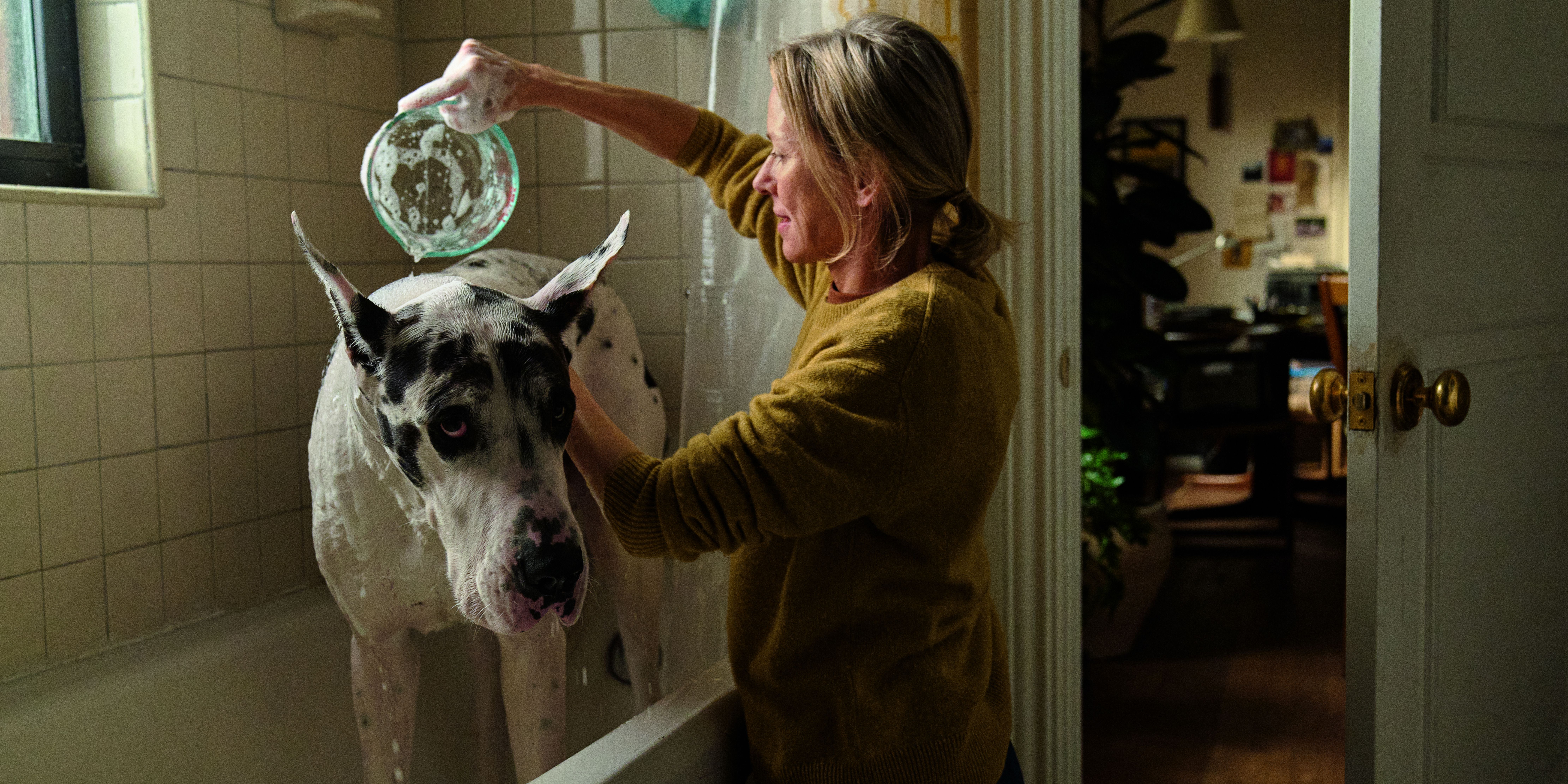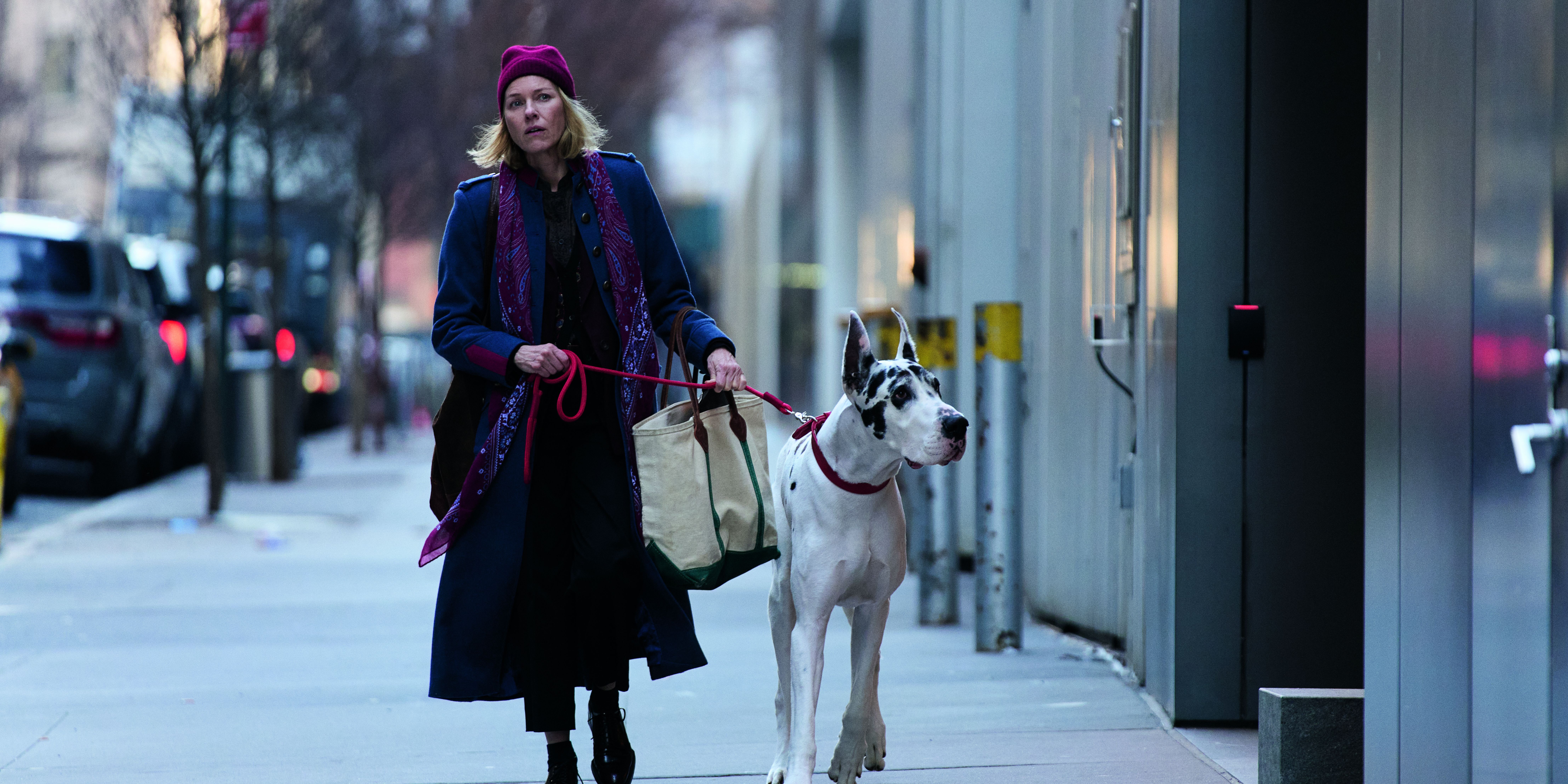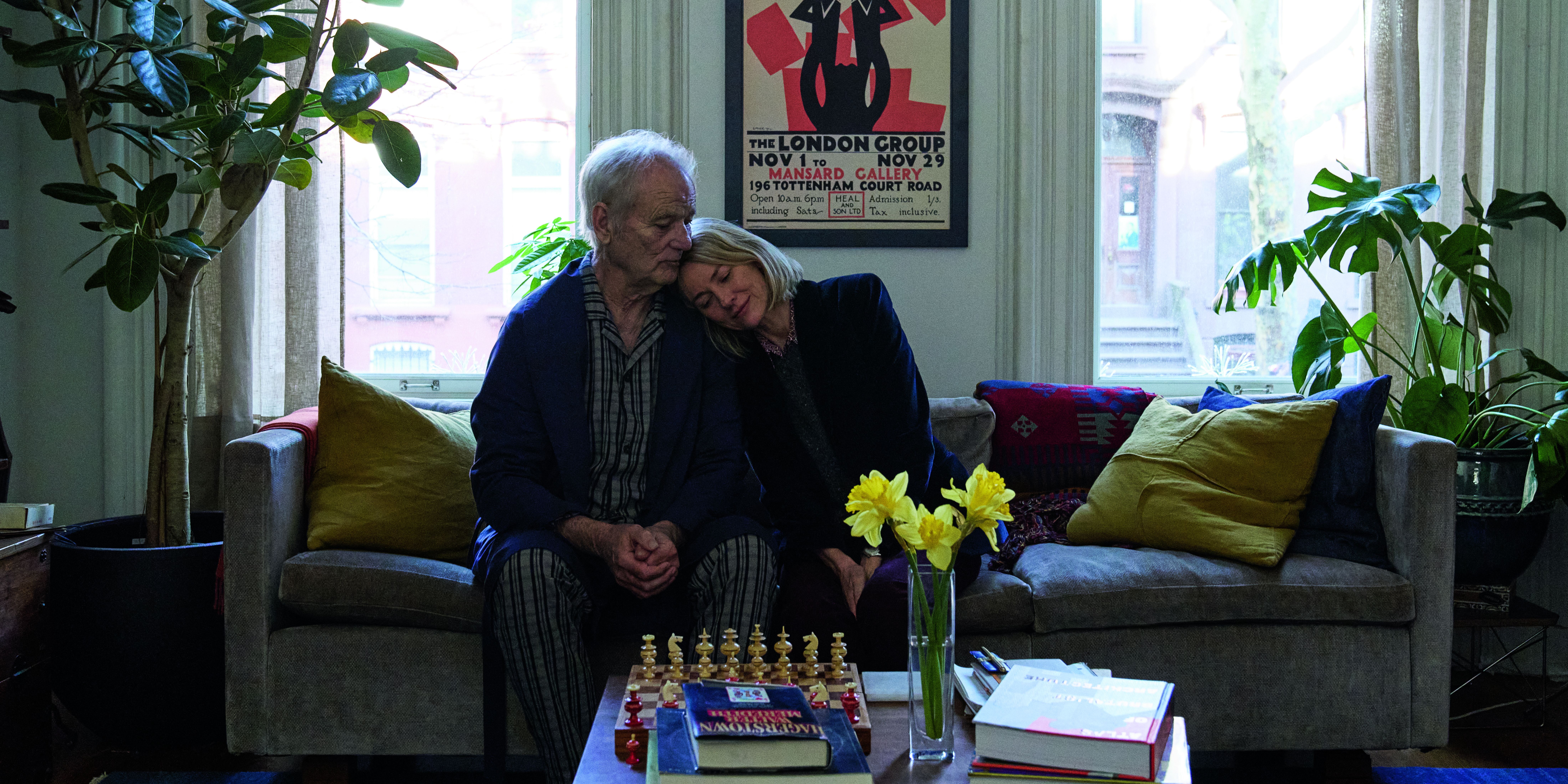The Friend
has, unfortunately, triggered one of my movie allergies. There’s something about it – how the characters are written, or the rhythm of the dialogue, or the tone – that pushes me away. Or, rather, causes me to push it away. In the past, I’ve struggled to identify what exactly is this cinematic cilantro that I reject so strongly and others seem unbothered by. But as soon as I come across it, the whole movie starts to feel pretentious or false.
Well, maybe not the whole movie. The filmmaker who’s best helped me understand this element of my taste is Noah Baumbach, who has made movies I think are great with characters I find utterly obnoxious. He’s found a way to use cilantro without spoiling the meal for me; with as well-observed as his scripts are, I at least believe his pretentious people exist. The Friend, however, is not so skillfully drawn. Its construction of character rings so untrue to me that the story’s emotional core could only feel hollow.
The Friend Isn’t As Profound As It Wants To Be
And Isn’t Content Doing What It Does Best
Though it doesn’t feel like a heavy film as it moves along, The Friend is about some heavy stuff. Protagonist Iris (Naomi Watts) is reeling from the still-fresh death of Walter (Bill Murray) by suicide. We pick up details of his life as we go, but know from the outset that he was a successful writer, former professor, and charismatic man who left no shortage of mess in his wake. He’s survived by three wives (all of whom, though, show up to mourn him), as well as a not-long-in-the-picture adult daughter from none of them.
If you’re expecting a lot of Bill Murray, temper your expectations to a handful of scenes.
But Iris, who (like most of his wives) was once his student, had a different relationship with Walter. She was his oldest, best, and maybe only friend. A writer herself, she’s been working on a book of Walter’s correspondence, alongside his daughter Val (Sarah Pidgeon), after writer’s block stalled her last project. But, to her surprise, he also entrusted her with something more precious before he died. She learns from Barbara (Noma Dumezweni), wife number three, that he had once promised her that should anything happen to him, Iris would take his dog.
Iris isn’t a dog person. Her rent-controlled Manhattan apartment doesn’t even allow dogs. Still, she finds herself charged with an elder Great Dane named Apollo, who is grieving Walter’s death at least as acutely as she is.
You can pretty much guess where things go from here, which is one issue I have with The Friend. I think it imagines itself as something more profound than a heartwarming woman-connects-with-dog drama, but that is its primary (and most successful) mode. That’s not a bad thing to be. I have to say, Apollo is a really great dog performance, and by far my easiest way into the story’s pathos. His eyes are just so sad.
Perhaps my real gripe is that I can’t stand a movie that operates as one thing while trying to insist it’s another (that it might implicitly value more).
But this movie is trying to be a nuanced, writerly expression of grief through Iris’ gradual realization that she needs to unpack her relationship with Walter and his passing. And it just isn’t. Iris’ life is occasionally interspersed with her creative writing course, where college kids read from their awkward pieces and critique each other, something another character describes as “the blind leading the blind.” Setting aside any issues with being so dismissive of developing writers, the irony is that all the writing we hear in The Friend sounds just as insufferably overwritten. That’s a problem.
The Friend’s Supporting Cast Highlights the Movie’s Script Problem
And Naomi Watts Suffers For It
This is equally true of the way The Friend itself is written. There are multiple actors in supporting parts I was happy to see – Carla Gugino and Constance Wu play wives one and two, respectively, and Ann Dowd appears as Iris’ kindly neighbor. Their characters are types, enjoyably sketched out by skilled performers, and a different film emerges when they’re in the frame. One that’s a bit more self-aware about its fictionality.
Naomi Watts doesn’t get to live in that movie. She has to carry a story that wants to be “real,” a shot it calls relatively early, also in one of Iris’ classes. There are films that feel like watching real people, but The Friend is so far from being one that its overtures to groundedness just left me irritated.
Perhaps my real gripe is that I can’t stand a movie that operates as one thing while trying to insist it’s another (that it might implicitly value more). Or, maybe it’s more about declaring itself deep before actually probing those depths – this script has a tendency to toss off references to defining moments in a character’s life and never return to them, as if that’s all the development they required. Regardless of the reason, The Friend certainly wasn’t for me. I can only hope that, if you seek it out, you enjoy it more than I did.



